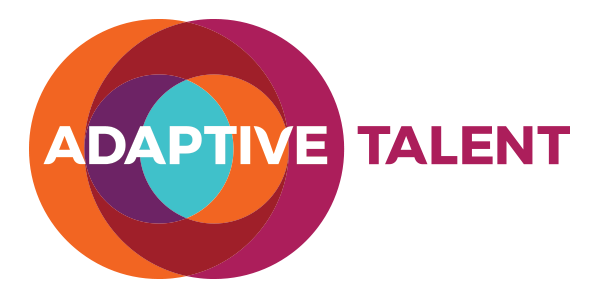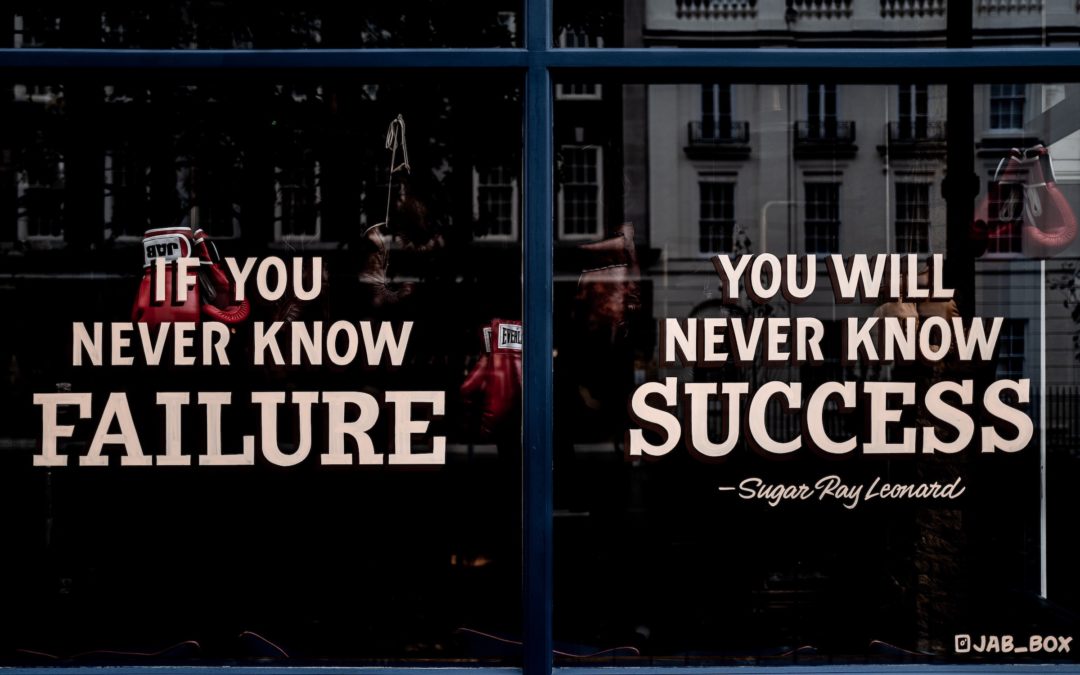Those of us who love working in tech companies know that culture and talent are the two most important ingredients for innovation. My favorite memories of both Netscape and EA are of engineers inventing things and the vibe that goes with nurturing curiosity and experimentation (engineers are also wicked pranksters but that’s fodder for another post).
In both companies, trying new things was the reason you were there, so it was mostly hard to fail unless you simply used bad judgment and put your team or company at risk. In both companies, the leaders knew that people had to tinker – it was in their blood – and in fact it was the only thing that kept the company in business. The art of leadership in a knowledge company is helping people with a structured, supportive approach to understanding customer needs and efficiently focusing their creative energy on those ideas which seem most likely to produce the most desired results for customers. If you’ve ever been on a team that actually labelled things as experiments you inherently understand the difference between experimentation and “failing” to achieve on your idea. The former is about collective learning and boundary pushing while the other assumes your value as a human being is tied up with whether a new idea ends up working out.
There is some new research out that attempts to quantify something I think many in the tech community would say is common sense, but it’s still interesting to see the research. From MIT’s Sloan Management Review:
“A new working paper tackles an interesting topic: the relationship between tolerance for failure and innovation. In particular, authors Xuan Tian and Tracy Y. Wang looked at venture capitalists’ tolerance for failure — and its effect on the innovativeness of the young companies they invested in.
One of Tian and Wang’s interesting findings: Venture-backed companies that eventually conducted IPOs (initial public offerings) and were backed by more failure-tolerant venture capitalists were significantly more innovative than other venture-backed IPO companies.
What’s more, the researchers’ analysis suggests that what particularly matters is investment at an early stage by a failure-tolerant investor. Venture capitalists, Tian and Wang conclude, appear to influence the culture of the early-stage start-ups they invest in — and failure-tolerant early investors result in IPO companies that are more innovative.
Tian and Wang measured VCs’ failure tolerance by looking at how long the VCs continued to invest in prior companies that they eventually wrote off. The authors’ measured innovativeness by looking at a company’s patents and the impact of those patents.”
As someone committed to helping British Columbia’s technology industry grow, it reminds me of the importance of helping entrepreneurs iterate on an idea until they’ve got a product that will take off. Given the abundance of finance, marketing, and organizational challenges this is no small order and I am excited by the work being done with BCTIA and other organizations dedicated to growing our tech sector.
Photo credit and thanks to the blowup
—
Adaptive Talent is a talent consultancy designed to help organizations achieve amazing results and ongoing adaptability. Founded in 2008 and based in Vancouver, Canada we offer retained search, assessments, total rewards consulting, training, leadership coaching and development programs, and culture & organizational development consulting.

